This Ethiopian Kennisa Lot 14 from Jimma was sourced from And son green coffee, who sourced it from Falcon Specialty Coffee.
Ethiopian Coffee
Ethiopia and coffee have a long and fascinating history. Many experts believe that Coffea Arabica originated in Southern Sudan and Western Ethiopia, but Ethiopia was probably the first place where humans drank coffee, around 1000AD. Since then, coffee has become more and more popular in Ethiopia. Today, Ethiopians love their coffee so much that they consume about 60% of the local product themselves, and export the remaining 40%, which makes up most of Ethiopia’s foreign income.
Coffee is not just a drink in Ethiopia, it is a way of life. Every day, Ethiopians roast and brew fresh coffee as part of a ritual that varies from region to region. Each region has its own culture and traditions around coffee preparation and consumption. Coffee is a symbol of hospitality, friendship, and respect in Ethiopian culture.
Special Place in our Cups
We love to explore the diversity of coffee flavours from different origins, but we have a special passion for two countries: Colombia and Ethiopia. These countries have a lot in common: they are both roughly the same size, they both have a varied geography, and they both lie on the same latitude. As a result, they both produce amazing coffees with different characteristics and profiles. That’s why we always offer more than one coffee from each of these countries.
Limu and Jimma
We have been sourcing coffee from Limu for most of the last 16 years, but it’s been a while since we had one on offer. The Limu zone is in fact not an official zone in Ethiopia. The politically defined zone is named Jimma. Limu, on the other hand, is a typical coffee flavour found in Jimma and its neighbouring zone, Illubabor.
The coffee in Jimma grows at high altitudes, from 1400 to 2100 m.a.s.l., and comes from native varietals that have a variety of flavours. Essentially, Jimma coffee is often sold as Limu so that it will attract the specialty grade premium. Now we are seeing more coffees proud enough to say they are from Jimma.
Which is why we are excited about this coffee.
Kennisa: A Surprising Ethiopian Coffee
Have you ever tried a coffee that caught you off guard with its quality and flavour? That’s what happened to us when we tasted this coffee from Kennisa, a cooperative coffee from Ethiopia.
Kennisa Co-operative
Kennisa is a relatively new cooperative, founded in 2018 by 305 smallholder farmers in the Gomma district of Jimma Zone.
If you visit the cooperative during the harvest season, which lasts from November to January, you will be impressed by the cleanliness and efficiency of their processing facility. An eco-pulper is used to remove the cherry skin and wash the beans. Once traditionally fermented, coffee is moved to the drying beds. It is here, where they carefully spread the parchment coffee and turn it frequently by hand. They also cover it with shade nets during the hottest hours of the day to prevent over-drying.
The Secrets of Kennisa’s Coffee
What makes Kennisa’s coffee so special? There are several factors that contribute to its quality, such as:
- Varietals: Kennisa’s coffee is made from endemic land-race varietals, which are native to Ethiopia and have adapted to its climate and soil over centuries. These varietals have unique genetic traits that give them distinctive flavours and aromas.
- Altitude: The farms that supply cherries to Kennisa are located at an elevation of 2000–2100 meters above sea level. This high altitude slows down the maturation of the cherries, allowing them to develop more sugars and acids that enhance the taste of the coffee.
- Picking: The farmers who belong to Kennisa are trained to pick only ripe cherries, which have a bright red colour and a sweet flavour. This ensures that only the best quality cherries are processed and dried.
- Processing: Kennisa uses an eco-wet process to remove the cherry skin and mucilage from the beans. This process preserves the natural flavours and aromas of the coffee and prevents fermentation or contamination. The parchment coffee is then dried on raised beds until it reaches a moisture content of 10-12%.
Ethiopian Kennisa Lot 14
Kennisa is one of our favourite Ethiopian coffees this year. It has a surprising flavour profile that reflects the terroir, the varietals, and the care of its producers. We are grateful to all the farmers who made this coffee possible. We hope you enjoy it as much as we do!
Our brews:
| Brew Method | Ratio | Brew Method | Ratio | |
|---|---|---|---|---|
| Espresso | 1:2.5 (27 sec) | AeroPress | 17g:200g | |
| Plunger | 52g:800g | Pour over/filter | 20g:300g |
Transparency Information
| Producer / Organisation | Falcon |
|---|---|
| FOB price | $11.35 / kg |
| Cupping score | 87.75 (Falcon / And sons) – We gave it 85.5 |
| Lot size bought | 1 x 60 kg bag (1 on hold) |
| Relationship | Our first coffee we have offered from Jimma |
Sources:
- Small Batch roasting.
- And sons / Falcon origin notes.
- Trabocca website


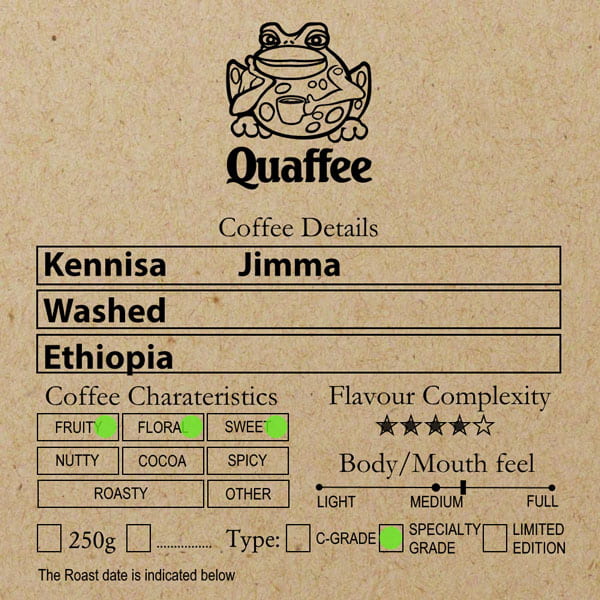
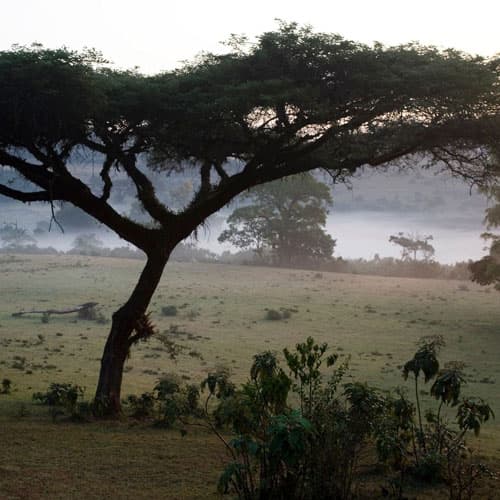
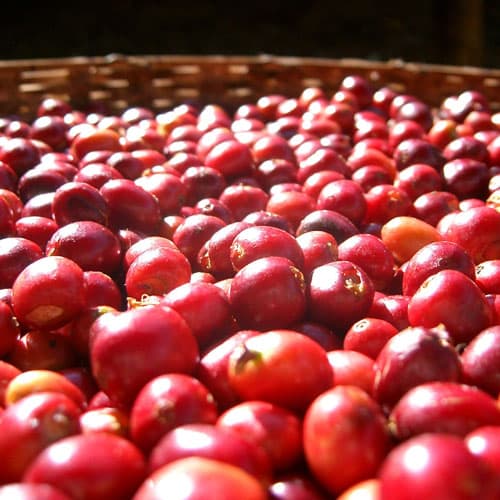
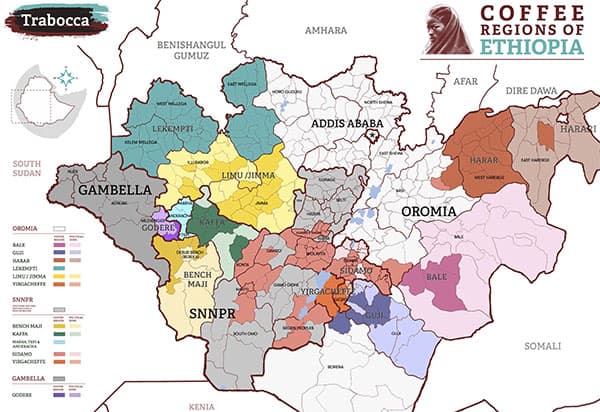
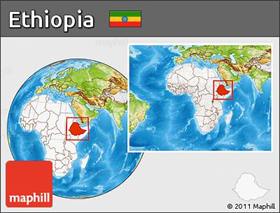
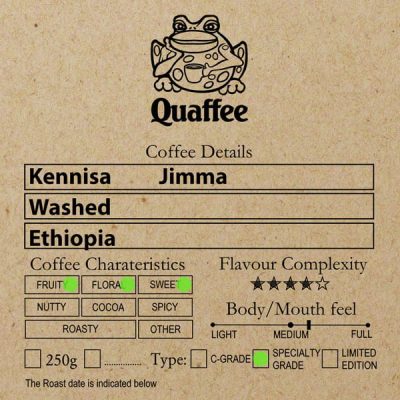
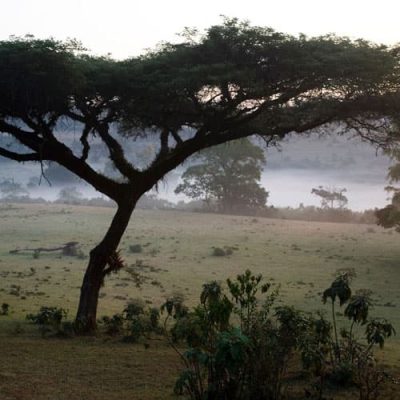
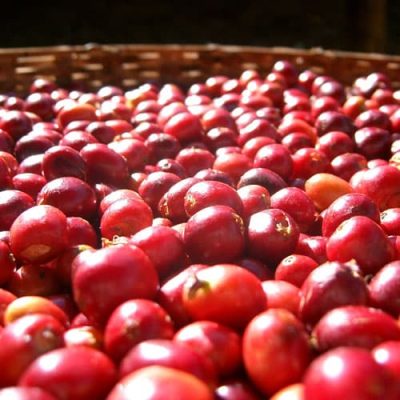
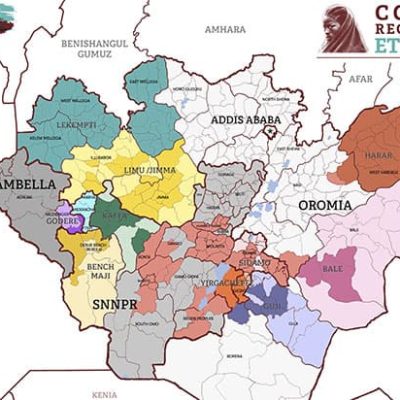
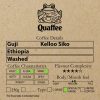
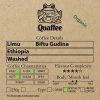
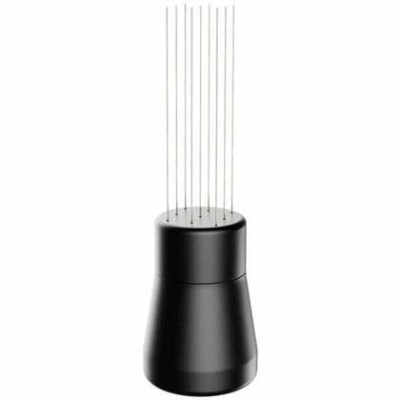
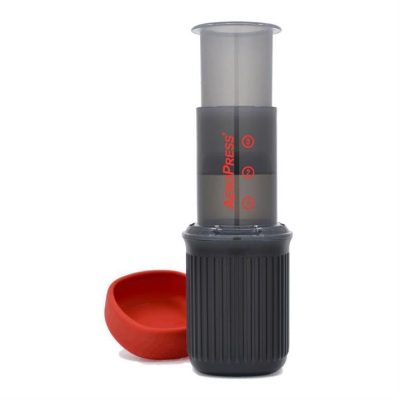
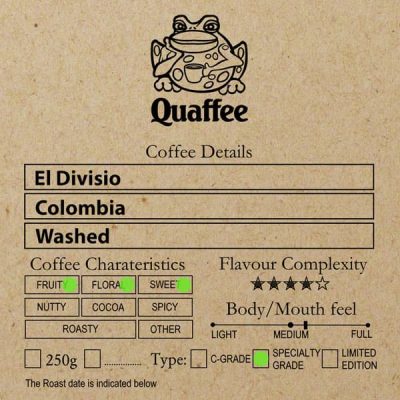
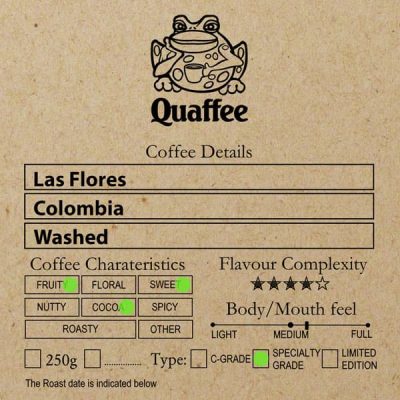
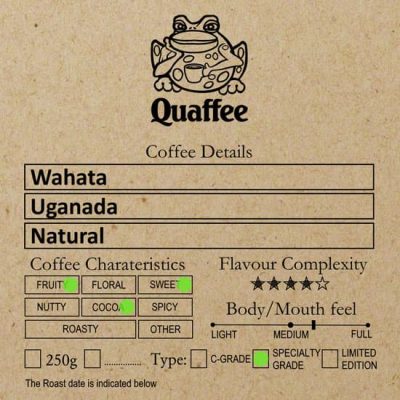
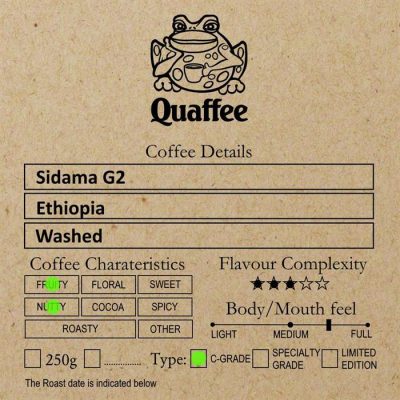
Matthew Hamlyn (verified owner) –
A great Ethiopian.
Wouter van der Merwe –
Surprised how fruit and floral forward this coffee is. Perfect for a long extraction in a Aeropress.
Warren Machanik –
Thanks for the review. We also love the fruits and florals.